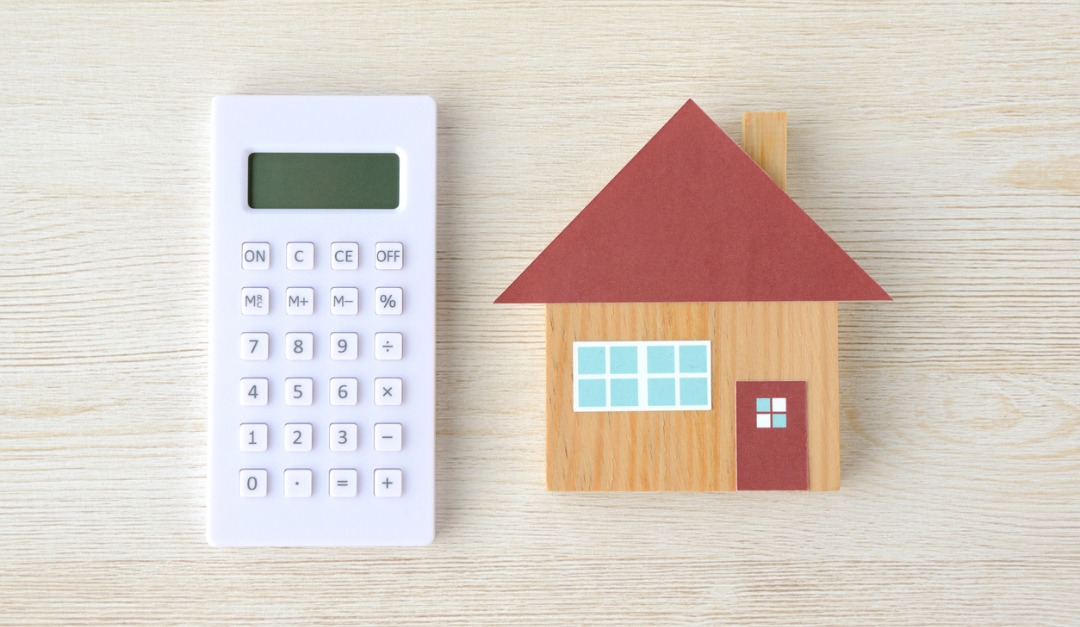
Why You Should Set a Firm Budget Before You Start Looking at Houses
When shopping for a new home, it’s easy to get carried away and bite off more than you can chew. Many people, particularly first-time buyers, get a pre-approval letter and spend the amount they were approved for, only to be overwhelmed by the total cost of homeownership.
Consider All Potential Living Expenses
A mortgage lender will decide how much of a loan to approve you for based on your debt-to-income ratio, but those calculations don’t take many important factors into account. Home maintenance and repairs, property taxes, and homeowners insurance are all necessary and can be expensive. If you put down less than 20 percent, your lender may require you to pay for private mortgage insurance, which can cost hundreds of dollars per month, until you reach 20 percent equity, which could take years. Utility bills can be expensive, especially if you buy a large house in an area with cold winters or brutally hot summers.
Other costs, such as childcare, medical expenses, and saving for college and retirement, may be central to your budget but may not be included in the lender’s calculations at all. If you don’t consider all your living expenses, you may buy a house that is too costly and then find yourself struggling to pay your bills.
A mortgage calculator can help you figure out how much you can afford. It will estimate the costs of a mortgage, property taxes, homeowners insurance and private mortgage insurance to give you an accurate idea of the total cost of ownership.
How to Stick to Your Budget
When you interview real estate agents, tell them what your budget is and emphasize that your limit is firm and that you are not interested in viewing more expensive homes. If your agent pressures you to consider a house you can’t afford, say no, and consider finding another if the agent still doesn’t listen.
Don’t compare the houses you’re looking at to your friends’ and family members’. They have different incomes, debt levels, amounts saved for retirement and other costs. They also probably bought houses in different locations at different times. In addition, someone who bought a magnificent house that you envy may be struggling to make ends meet but too embarrassed to admit it.
If you and another prospective buyer make offers on the same house, it can trigger a bidding war. Resist the temptation to offer more than you can afford. Stick to your budget and be willing to walk away.
Be Realistic
Owning a house is expensive, and many buyers don’t plan for all the costs and regret their purchases. Make a list of all possible costs associated with homeownership and your regular living expenses, consider your long-term goals, and figure out how much you can comfortably afford. The house you buy might not have all the amenities you would like, but it’s better to have a home you can afford than to get in over your head and wind up in foreclosure.

